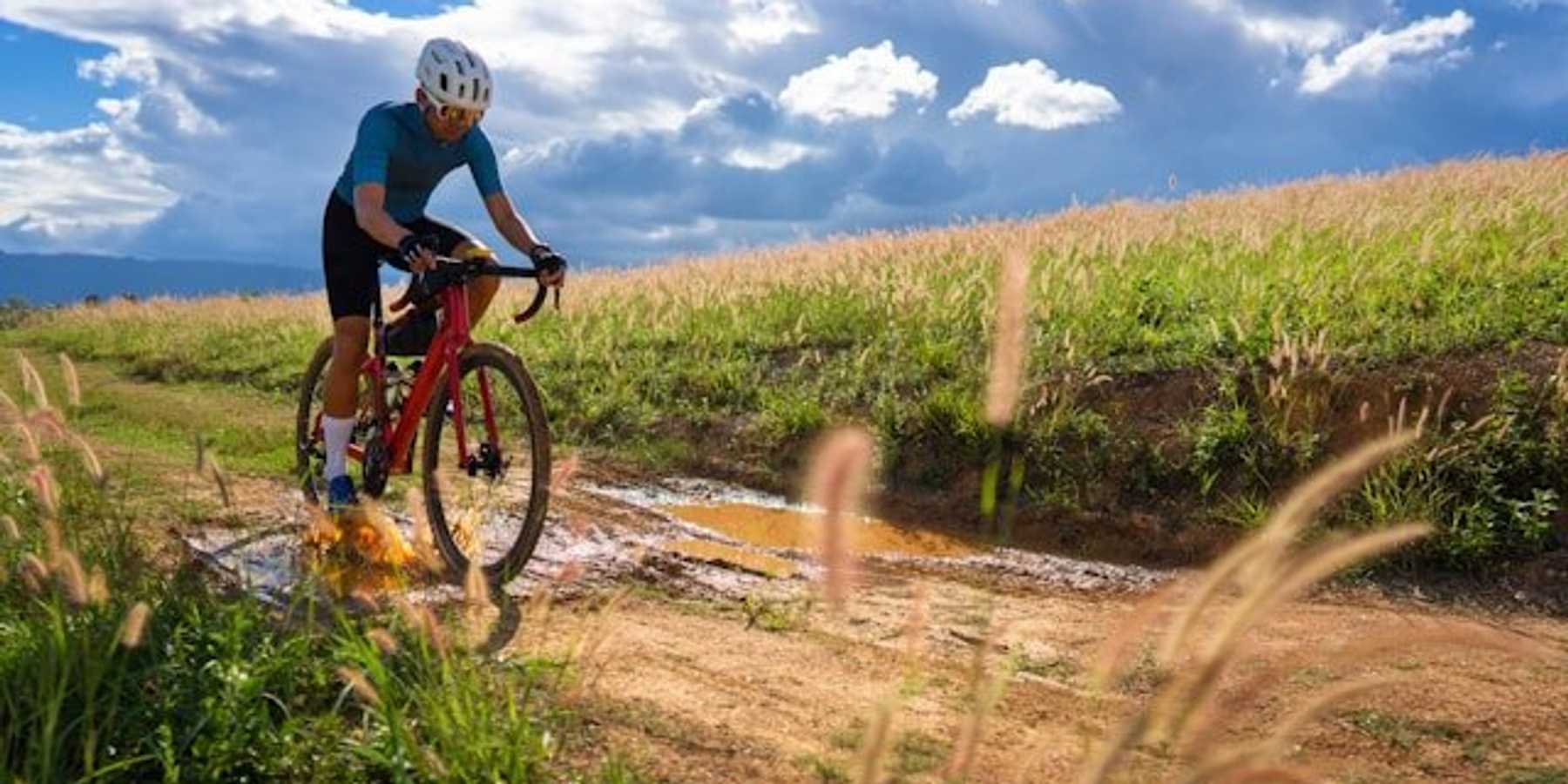
Extreme heat and humidity reshape Iowa’s iconic cross-state bike ride
More than 20,000 cyclists faced intense heat, humidity, and storms during this year’s RAGBRAI, raising concerns about the ride’s future as climate change reshapes conditions across the Midwest.
Anika Jane Beamer reports for Inside Climate News.
In short:
- The Register’s Annual Great Bike Ride Across Iowa (RAGBRAI) saw record levels of heat and humidity this July, with heat indexes reaching 110°F and two riders dying on the route.
- Though average summer temperatures in Iowa have remained steady, rising humidity driven by increased rainfall from the Gulf of Mexico has caused heat stress to intensify, making the ride more dangerous.
- Participants and medical staff noted better preparation and safety infrastructure this year, but warned that rising nighttime temperatures and more volatile weather may soon push the event beyond safe limits.
Key quote:
“Last year, we met people on the route from some cool, flat, European country and they told us, you can kind of train for the hills, but there is no way to train for the heat.”
— Laura Ferguson, one of more than 20,000 cyclists in the RAGBRAI
Why this matters:
The combination of high temperatures and rising humidity can create a deadly mix for outdoor endurance events. Climate change is shifting weather patterns in ways that don’t always show up in average temperature data. As large-scale athletic events continue to draw participants from around the world, many may not be physiologically prepared for these extreme conditions. The health risks are especially acute when consecutive days of heat combine with limited shelter, dehydration, and insufficient infrastructure.













